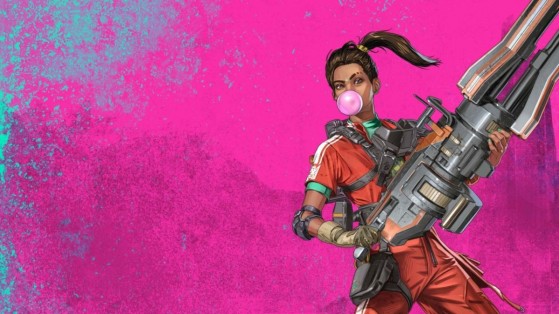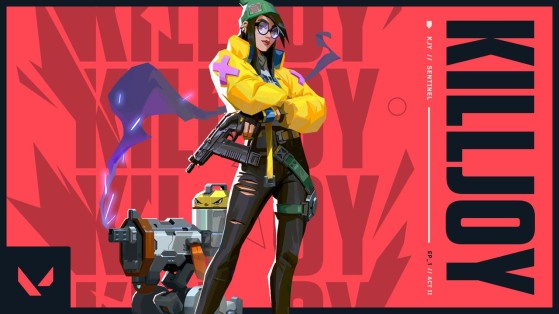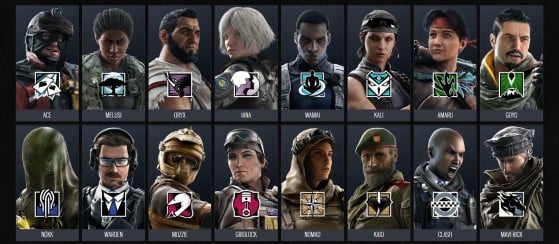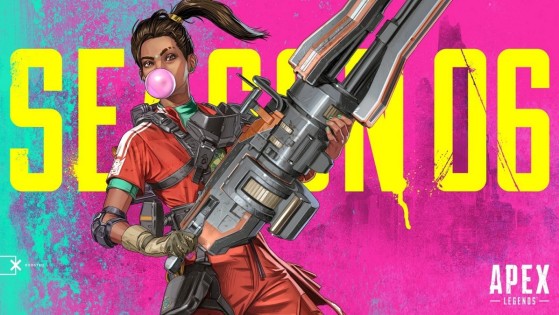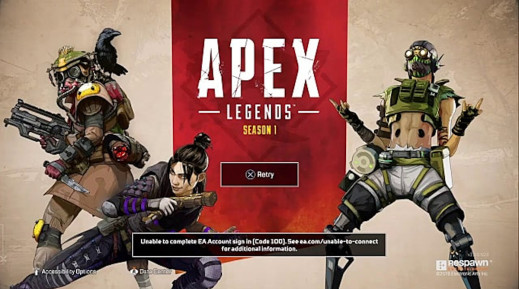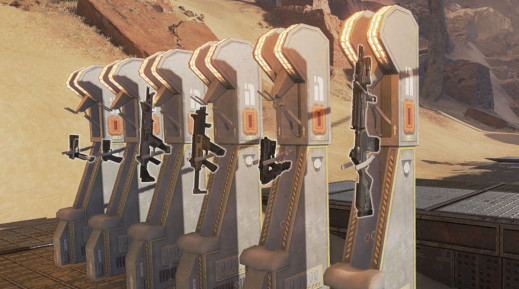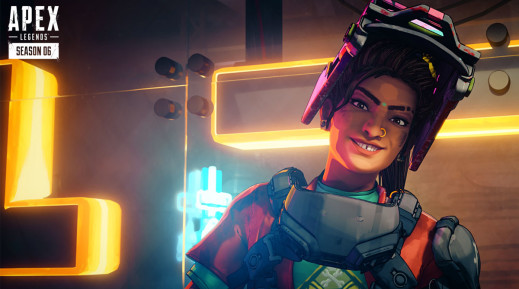Ensuring that a competitive online game has a healthy balance is task bordering on the impossible. With free-to-play online multiplayer games taking over, some of the most prestigious studios in the world are now putting their blood, sweat, and tears into offering their players a cast of perfectly-balanced characters. And one after another, all these high-profile studios are realising that they're doomed to miss the mark either by a inch, or by a mile.
This act of balancing a game's cast becomes even more complex as additional characters join the ranks, as each new face comes with a new set of abilities that might completely shatter any loose bonds holding a fragile meta in place.
This is hardly a new phenomenon, as players have long become accustomed to treating any new arrivals with a healthy amount of reservation. There is, however, another threat, one that typically doesn't arise, but spells doom for the meta when it does: a new character who forces everyone on the server to play the same team composition. This occurs when one aspect of the game is slightly more important than the others, combined with a number of characters providing an advantage in that specific area.
This can be seen in Valorant, where information is crucial. Knowing the location of your enemies is much more useful than being able to flash the other team or teleport across the map. This explains why the two operatives with abilities that provide information (Cypher and Sova) are featured in every composition at the top level. Valorant has promised to bring out 6 new characters per year; other similar agents will surely be added to the game in time, and once they're playable, a team composed of five information specialists is sure to be unbeatable. While you might think that a team always needs an entry, or a smoker, or this proclamation is overly negative, remember that as soon as Killjoy — who can also follow the enemies' movements from across the map — was announced, pros the world over immediately began to envisage how she might fin into their teams. Not a replacement for Cypher or Sova, but as a compliment. This strategy has already forced the meta into Sentinel-heavy compositions, even though the agent has only been out for a few days.
The consequences of this phenomenon can already be seen in another game: Rainbow 6 Siege. Some defensive operatives in Siege specialising in slowing down attackers. This is achieved by hiding tiny gadgets that hinder attackers throughout the map, forcing the the enemy team to destroy them methodically if they wish to advance. At the game's launch, only a few characters were able to do this, but now there's the likes of Wamai's frisbees, Lesion's Gu mines, Jäger's ADS, Smoke's canisters, Maestros Evil Eyes, Melusi's Banshees, Goyo's Volcán Shields, and so on and so forth. Picking five of these defenders and creating a composition that drastically slows attackers can make the game immensely frustrating. This would be a serious problem if a round in Rainbow 6 wasn't over in mere minutes. Once you finally clear every trap and corner, attackers only have a few seconds to plant the bomb, which is usually a last-ditch effort that is easily prevented by a well-placed attacker.
With a commitment to a constant pipeline of content, R6 has fallen into the trap. The game features too many operatives who do the same thing, which has led casual player and pro alike to take issue with the current state of the game.
So, is there a possibility that a similar fate may befall Apex Legends? Yes, possibly, but it will be a much more gradual decline. Apex only welcomes 4 new characters a year, compared to Valorant's 6, and Rainbow 6's 8. The new legend for Season 6, Rampart, is a defensive character: she has shield walls and a minigun with unlimited ammo at her disposal, allowing her to easily set up an impenetrable wall around a chokepoint. Evidently, there are already legends in the game that specialise in area denial: Caustic, for one, can use his canisters to defend a building against an enemy approach, and Wattson can use her fences in a similar capacity. To make matters worse, Wattson's ultimate blocks any incoming grenades, the main intended way of countering Rampart when he's behind her machine gun. Not only do these legends occupy similar roles, but their abilities also cover each other's weaknesses.
So, what can we do about it? Honestly, not a great a deal, as balancing a game, as you may well remember, is an impossible task that becomes increasingly difficult and complex further along a game's lifespan. Having to balance a game like this is an unenviable task, as it's most often by trying to avoid adding overpowered new abilities that you end up with a roster that do mostly the same thing, which in turn allows players to create these insufferable compositions. Why not simply stop adding new characters? A great game will survive with or without regular new arrivals; after all, Chess has remained unchanged since 1470, and it's more popular than ever.
